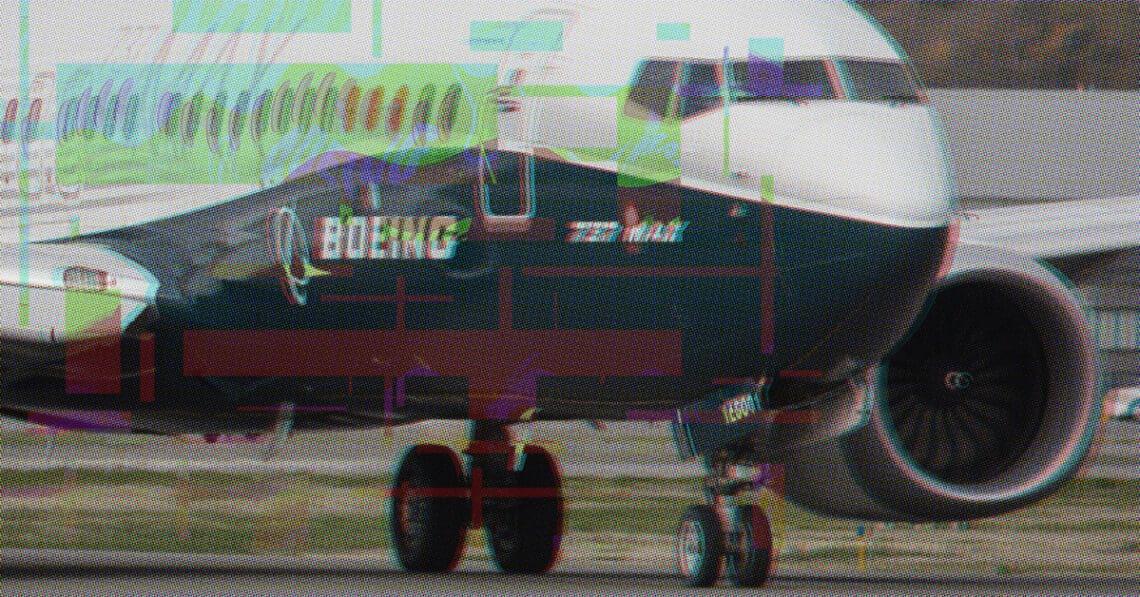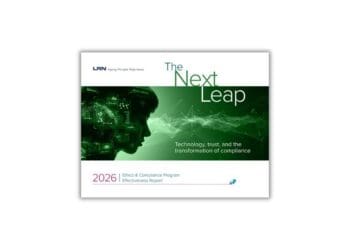Boeing, one of the world’s largest aerospace companies, has reached an agreement with the DOJ to plead guilty to a felony charge and hire a compliance monitor. Attorney and podcaster Tom Fox urges the government to think big on Boeing’s monitorship.
More than a decade ago, Matt Ellis challenged Walmart to “go big” on compliance (they did). We are now at another inflection point in compliance but in a very different set of circumstances from Walmart’s breach of the Foreign Corrupt Practices Act (FCPA). It involves the DOJ and its decision on what to do about Boeing under the current deferred prosecution agreement (DPA) from the 737 Max crashes. Today I want to challenge the DOJ to think big and go big in dealing with Boeing going forward.
The issue the DOJ is grappling with is whether and how to get Boeing to remediate the festering set of problems that led to the 737 Max disasters and apparently have continued unabated since Boeing agreed to the DPA in 2021. In May, the DOJ notified Boeing that it was in breach of this DPA for failing “to design, implement, and enforce a compliance and ethics program to prevent and detect violations of the U.S. fraud laws throughout its operations.” Now the DOJ is determining the steps to take.
The families of the victims of the 737 Max crashes have been the loudest about the need to punish Boeing executives with criminal charges. They met with the DOJ and asked about criminal charges and a massive penalty, which the DOJ largely said it could not achieve.
However, the DOJ did propose a new set of requirements: to plead guilty to misleading air-safety regulators in the run-up to two 737 Max crashes that killed nearly 350 people. Now comes the news that Boeing has agreed to plead guilty, hire an outside consultant to monitor its compliance with safety regulations, pay millions in fines and spend almost as much improving its compliance and safety programs over the next few years.
It is the outside consultant where the DOJ needs to go big. How? By creating the most comprehensive monitoring plan ever used. Why? Because there has never been a corporate case more important to the U.S. than getting Boeing back on track.
This is not an FCPA case where a company has admitted to bribery and corruption across the globe. This is not 2008 when banks were too big to fail. This is something completely different. This is the only major U.S. aircraft manufacturer and one of the two biggest in the world. An estimated 49% of Americans flew commercially in 2023, and Boeing reported revenue of more than $77 billion last year.
But Boeing’s importance to the U.S. is not simply about economics. Boeing is a key component in U.S. national security. It provides advanced missile defense systems, including the one that protects the United States from ballistic missile attacks. The company also offers solutions for tracking and monitoring space objects, which is vital for maintaining the safety and security of space operations. Boeing is also a part of the International Space Station, orbital test vehicles and deep space exploration. In short, there is probably no other single institution as important to the U.S. in manufacturing as Boeing.
Finally, and certainly not least, the families of the victims of the two 737 Max crashes should receive some justice for all they have been through as well as seeing Boeing not live up to its agreement in the original DPA.
Most importantly, we all have an interest in Boeing getting its remediation right. Boeing must turn around from a culture where employees are afraid to step forward, where there is acceptable slipshod work and work practices, where employees who do report problems are actively harassed, where employees lie and mislead federal regulators over basic safety issues and where the almighty dollar is put so far above safety that literally hundreds of lives are lost.
All of this means a monitorship where multiple areas are monitored, overseen and thoroughly remediated so that they pass the strongest form of testing and controls at the end of a lengthy period (at least three years). The DOJ needs to stay actively involved in the monitorship, not simply reviewing annual or even greater reporting but testing any claims by Boeing through rigorous data analytics. Boeing has clearly demonstrated it is not capable of turning itself around and a new and daring approach is needed for the company.
I believe the DOJ should appoint an omnibus monitor who would oversee multiple monitors in specific subject matter areas. This would be far too big for any one law firm or a single consulting company. The omnibus monitor would be in charge of a wide variety of corporate disciplines that Boeing must get right to get out of the terrible corporate fix it has put itself in.
What are some of the areas that should have their own monitorship under an omnibus monitor? Obviously, safety is at the core but also culture, compliance, speak-up and listen-up, supply chain, fraud, export control and sanctions. On the overall aircraft manufacturing issues, the DOJ needs to work with the Federal Aviation Authority (FAA) to oversee all of this to meet the FAA regulatory requirements.
This would be by far the biggest monitorship ever because it is by far the most important monitorship ever. Just as Ellis challenged Walmart to go big on compliance, I want the DOJ to think big and go big with an omnibus monitor for Boeing. We’re all depending on it.











